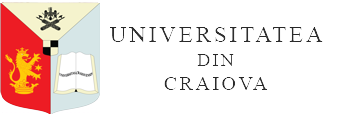FARM TO FORK STRATEGY: A SUSTAINABLE SOLUTION FOR RURAL COMMUNITIES
DOI:
https://doi.org/10.52846/bihpt.v29i65.143Cuvinte cheie:
farm to fork strategy, sustainability, local economy, local development, rural communitiesRezumat
The Farm to Fork (F2F) strategy, a key pillar of the European Green Deal, offers a comprehensive and sustainable solution for food systems, with particular benefits for rural communities. This strategy emphasizes the transformation of food production, processing, distribution, and consumption to achieve environmental sustainability, economic resilience, and food security. As rural communities often face unique challenges—such as limited access to markets, declining populations, and environmental degradation—the F2F strategy provides an integrated approach to addressing these issues. By promoting shorter supply chains, organic farming, reduced pesticide use, and climate-resilient agricultural practices, the F2F strategy can enhance rural livelihoods while contributing to global climate and health goals. This paper examines the economic, environmental, and social impacts of the F2F strategy on rural communities, and highlights the challenges and opportunities associated with its implementation. It argues that, while the strategy holds great promise for promoting sustainable rural development, its success depends on adequate financial support, infrastructure investments, and education for farmers and stakeholders.


